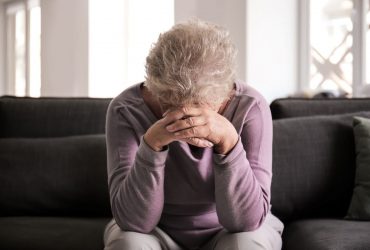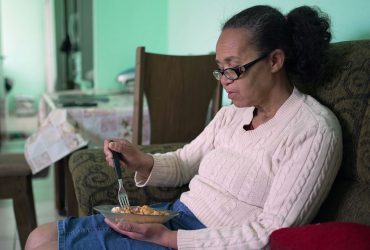Risk for seizures increased with concomitant use of tramadol with CYP2D6-inhibiting versus neutral antidepressants
Almost one in four older adults with less-than-optimal well-being at baseline regained well-being over approximately three years
Insomnia linked to faster decline in global cognition scores and increased risk for cognitive impairment in older adults
Highest posterior probabilities seen with mood and anxiety disorder co-occurrence
Physical and psychological illnesses, such as fatigue, depression, anxiety, mainly associated with later breakfast
From 2014 to 2023, the firearm suicide/suicide ratio increased among women, but remained unchanged among men
Moderate level of helping, both formal volunteering and informal helping, consistently linked to robust cognitive benefits
However, older women report less sexual distress than middle-aged women
Inverse associations seen between higher adherence to three diets with annual rate of total chronic disease accumulation
Significantly greater benefit on global cognition seen for structured versus self-guided intervention over two years











